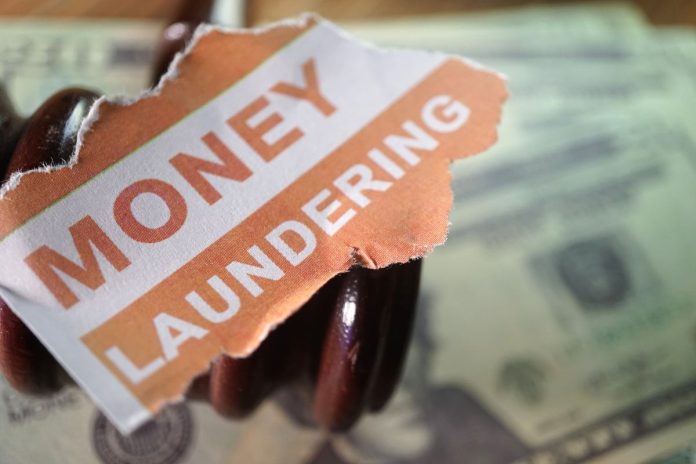Goods passing through the free trades and companies working in the free zones increase the risk of money laundering. These are magical doors for sanctioned individuals and companies to trade without legal verification. Free Trade Zones (FTZs) are rapidly growing because of economic growth in the country these. That’s why approximately 3.500 areas worldwide are registered as free zones.
Although it’s convenient for companies and the country’s economy, many business owners misuse these for their illicit activities. To combat scams, companies must register only legal businesses as partners. This article guides how to comply with AML/CFT regulations while conducting business with FTZs registered companies.
What are Freezones
The concept of free trade areas is the specific zones in the country that attract investors by offering minimal or nominal regulations. This helps companies and owners register where policies are not strict. Free zones are of two types: one for goods and the other for registering a company.
The free port assists companies to trade their products in a country without legal checks and taxation. It creates a funnel for the makers to export their goods by cutting prices.
The other is specific economic zones created for the business owners to open shell companies with minimal checks or nominal taxation on large amounts. This attracted various foreign investors, which directly led the country’s economy. The emergence of these ports increases the risk of money laundering as regulators claim free zones damaging the integrity of the global economy.
Freeports Links with Money Laundering
Free zones have various vulnerabilities bad actors use to conduct money laundering and terrorist financing. This not only impacts the country but also damages the global economy. Some of the common loopholes in the free zone system are the following:
Weak Regulatory System
In the free zones, there are no rigid obligations or law enforcement agencies, which makes it easy for money launderers to transact black money in a global economy. The weak compliance system and not present of any progress system to prevent money laundering cause the increase in money laundering. The lack of obligations makes it easy for scammers to launder money by registering shell companies or opening bank accounts.
Lack of Transparency
The data transformation about the company and its ownership structure is not shared. They also create the company’s ownership structure in layering, making verifying the owner challenging for other businesses. It hides them from the law enforcement agency and conceals their financial transactions from the taxation departments. The detection of real sources of money laundering is also complicated in untransparent corporate structures.
Incomplete due diligence
Not complying with the AML/CFT regulation provides companies with an open platform for trading without any bottleneck. Creating shell companies and a financial account is easy for the bad actors in limited business verification measures. The lack of checks on business owners and their transactions also allows money launderers to flow money without any hurdle.
How to Comply with Regulations in Freezones?
To prevent money laundering in the free zones and detect dummy companies initially. There are various measures that the international watchdog designs to avoid money laundering and terrorist financing. These measures vary with the country’s national policies and company onboarding.
Company Profile
Collect the various information from the company about their whereabouts and owners to verify their identity. Businesses must submit their current address, contact info, UBO details, and financial statements. In the free zones, companies have individual licenses for the verification companies must confirm that before onboarding. This assists companies in making a profile of the business initially.
Verification profile
Checking the originality of the profile document is essential for companies to verify the partner business. For that, the company has to validate the documents they submit for verification. It is done by checking the security features of the papers, such as fronts, signatures, borders, or other security features depending on the documents. Additionally, written data validation is also essential to ensure the company’s identity. It guarantees the papers and information are not manipulated.
Watchlist Screening
Various databases are created by the government and third-party regulators to indicate the financial criminals. Politically Exposed Persons (PEPs), the FBI’s most wanted list, Special Interest Entities (SIEs), and global watchlists are essential for companies to cross-check business information for the KYB. It guarantees the owners are not involved in illicit activities.
The Bottom Line
Overall, uncovering the business’s identity in the free zones is a challenging task for the foreign investment company. The wrong decision can impact their reputation and cause them non-compliance penalties. KYB checks are compulsory to provide a secure customer environment and prevent the company from financial scams. These assist in complying with regulations and streamlining the onboarding process moreover, the automated business verification offers accurate results in less time. It accelerates the onboarding process at less cost and reduces the time.





